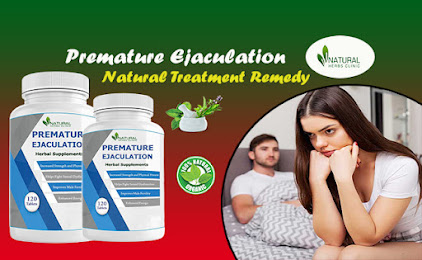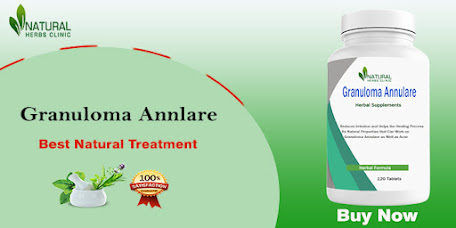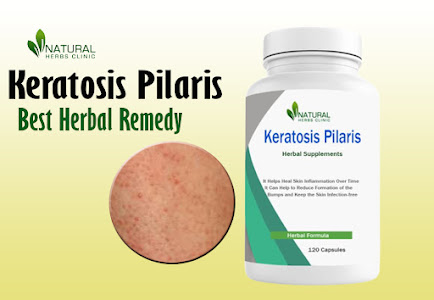Natural Ways to Improve Retinal Vein Occlusion: A Comprehensive Guide
including the use of vitamins and natural treatments, to manage and alleviate the effects of Branch Vitamins For Retinal Vein Occlusion (BRVO) and Central Retinal Vein Occlusion (CRVO).
Introduction
Retinal Vein Occlusion (RVO) is a serious eye condition that occurs when a vein in the retina becomes blocked, leading to reduced blood flow and potential vision loss. While medical intervention is often necessary, there are several natural ways to support your eye health and improve the symptoms of RVO. In this article, we will explore various strategies, including the use of vitamins and natural treatments, to manage and alleviate the effects of Branch Vitamins For Retinal Vein Occlusion (BRVO) and Central Retinal Vein Occlusion (CRVO).
Understanding Retinal Vein Occlusion
What is
Retinal Vein Occlusion?
Retinal
Vein Occlusion is a condition characterized by the blockage of veins in the
retina, which can result in bleeding, swelling, and reduced blood flow to the
retina. This condition can lead to vision problems and, in severe cases,
permanent vision loss.
Types of
Retinal Vein Occlusion
Central
Retinal Vein Occlusion (CRVO): This occurs when the main vein of the retina
becomes blocked.
Branch Retinal Vein Occlusion Natural Treatment (BRVO): This type involves the blockage of smaller
branches within the retinal vein network.
Natural Ways to Improve Retinal Vein Occlusion
1. Diet and
Nutrition
Maintaining
a healthy diet rich in certain nutrients can promote better eye health.
Consider adding the following foods to your diet:
Leafy
Greens: Spinach, kale, and collard greens are excellent sources of lutein and
zeaxanthin, antioxidants that support retinal health.
Omega-3
Fatty Acids: Cold-water fish like salmon, walnuts, and flaxseeds contain
omega-3 fatty acids that can reduce inflammation in the eyes.
Vitamin
C: Citrus fruits, strawberries, and bell peppers are high in vitamin C, which
supports blood vessel health in the eyes.
2. Vitamins
for Retinal Vein Occlusion
Certain
vitamins and supplements can aid in managing RVO symptoms:
Vitamin
A: Known as the "eye vitamin," it helps maintain good vision and can
be found in carrots, sweet potatoes, and leafy greens.
Vitamin
E: This antioxidant can help protect the eyes from oxidative stress; sources
include almonds, sunflower seeds, and spinach.
Vitamin
B Complex: B vitamins support overall eye health and can be found in foods like
eggs, meat, and whole grains.
3. Lifestyle
Modifications
Quit
Smoking: Smoking can worsen RVO symptoms; quitting can improve blood
circulation.
Regular
Exercise: Engaging in physical activity can promote better overall vascular
health, which benefits the eyes.
Stress
Management: Chronic stress can exacerbate RVO; practicing relaxation techniques
like meditation can help.
4. Herbal
Remedies
Ginkgo
Biloba: This herb is known to improve blood flow and may benefit those with
RVO.
Bilberry:
Bilberry extract can strengthen blood vessels and support retinal health.
5. Hydration
Staying
well-hydrated is crucial for maintaining good blood flow, including in the
eyes. Aim to drink at least eight glasses of water daily.
6. Eye
Exercises
Practicing
eye exercises can improve blood circulation in the eye and reduce strain. Try
focusing on objects at varying distances for a few minutes each day.
7. Regular
Eye Checkups
Frequent
eye checkups with an optometrist or ophthalmologist are essential for
monitoring RVO and ensuring timely intervention if necessary.
Conclusion
Incorporating
these natural strategies into your daily routine can complement medical
treatment for Branch Retinal Vein Occlusion: Natural Treatment. However, it's crucial to consult with
your healthcare provider before making significant changes to your diet or
lifestyle. By taking proactive steps to support your eye health, you can
enhance your quality of life and potentially minimize the impact of RVO.




Comments
Post a Comment